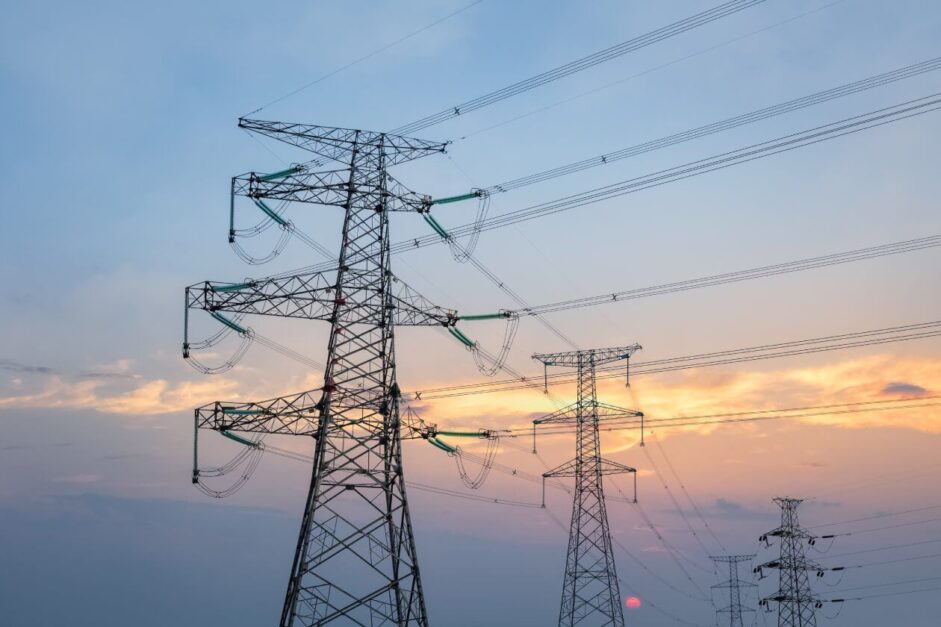Majority of North Carolina Voters Favor Expanded Electricity Market Options

New Poll Finds Strong Bipartisan Support for Creating Wholesale Electricity Market
Nearly 80% of North Carolina voters believe the state should require the establishment of a wholesale electricity market to enable greater efficiencies and cost savings for customers, according to a poll released today by the Clean Energy Buyers Association (CEBA), in partnership with Conservatives for Clean Energy.
“These poll results show that North Carolina voters see clear benefits in having the state require establishment of a wholesale electricity market,” said Katie Southworth, CEBA’s deputy director of market and policy innovation for the Southeast. “Limited market options with the state’s current utility monopoly system mean higher costs for ratepayers and fewer options for addressing threats to grid reliability. Expanding electricity market options in North Carolina would create cost savings for ratepayers, help drive innovation and economic development across the state, and improve grid reliability and resilience.”
The poll of North Carolina voters, conducted May 22-24, found nearly 80% of the respondents think modernizing North Carolina laws to allow for greater competition with Duke Energy is needed to meet the state’s future energy needs. Voter support was consistent across party lines.
Organized wholesale markets are centrally managed markets that provide a platform for transparent and competitive wholesale electricity trading. A 2019 Brattle Group analysis estimated that market reforms would save North Carolina consumers up to $600 million per year. A 2020 study by Vibrant Clean Energy and Energy Innovation found that with a regional transmission organization, the Southeast region could save $384 billion by 2040, create 285,000 full-time jobs, and reduce emissions by 37%.
A 2023 Brattle Group study for the South Carolina General Assembly’s Electricity Market Reform Measures Committee found that South Carolina utility customers could save $285 million to $362 million a year if the Carolinas together joined a regional transmission organization. A North Carolina market study would determine the degree of savings for North Carolina customers. A majority of North Carolina voters responding to the new poll said the state should commission a similar study to assess the benefits for North Carolina ratepayers.
